The regional Léon Bérard Centre
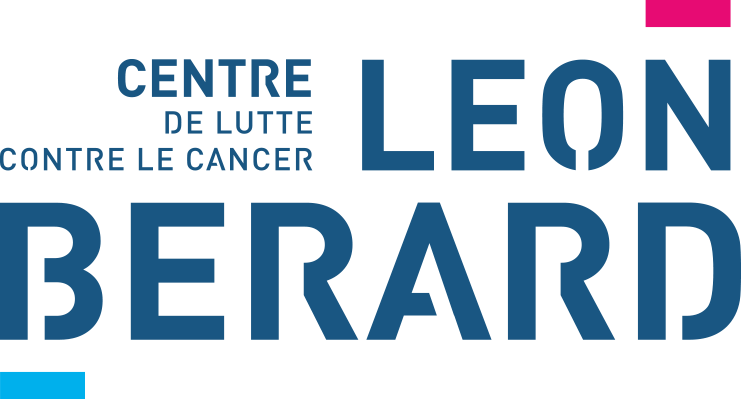 The Léon Bérard Centre is exclusively dedicated to combating cancer and provides care and education, and performs research.
The Léon Bérard Centre is exclusively dedicated to combating cancer and provides care and education, and performs research.
The Léon Bérard Centre is strongly involved in research to transfer the discoveries made into applications that can be used to cure patients.
Based in Lyon, it plays a regional role. A remedial centre with expertise in oncology, it also accommodates patients that come from all over France and abroad.
The Léon Bérard Centre in figures:
- More than 25,000 persons followed up a year
- About 1,500 employees – a total of 2,000 people work on the site.
The Centres de Lutte Contre le Cancer (Anti-Cancer Centres) are non-profit private health establishments that operate like university hospitals and participate in the French public hospital service.
They are grouped together in the health cooperation group UNICANCER which:
- federates the 18 anti-cancer centres (20 sites) located in France;
- strives constantly to increase the quality and accessibility of care;
- exploits the organisational model developed for oncology;
- pools the resources and competences of the centres in order to provide new dynamics for patient management.
The Hospices Civils de Lyon
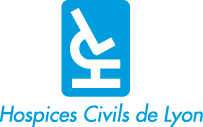 The Hospices Civils de Lyon (HCL) are public health establishments and form the second largest university hospital in France (CHU). They currently group 14 multidisciplinary or specialised establishments that carry out important missions:
The Hospices Civils de Lyon (HCL) are public health establishments and form the second largest university hospital in France (CHU). They currently group 14 multidisciplinary or specialised establishments that carry out important missions:
Healthcare:
From neighbourhood care to primary healthcare, the HCL make available their sites to every medical and surgical discipline.
They now form the leading regional cancer diagnostics and treatment centre, with dedicated teams and facilities in the main establishments.
Research and innovation:
The hospital teams perform a large number of clinical research programs in collaboration with different partners.
More than 300 new clinical tests are preformed every year; 38 oncological studies are in now progress (in 2103).
- Training: 3,000 professionals are trained every year in HCL’s medical and pharmaceutical faculties, schools and institutes.
- Prevention and education: the teams are mobilised to start or relay campaigns to promote public health, screening, prevention and therapeutic education.
A genuine centre of competences, the Hospices Civils de Lyon can call on a wide range of human technical and logistic resources to carry out these missions.
More than 22,000 professionals equipped with the most advanced equipment are committed to serving the health service every day.
Inserm: Institut national de la santé et de la recherche médicale (National institute of health and medical research)
Founded in 1964, the National Institute of Health and Medical Research is a public scientific and technological establishment placed under the supervision of the Ministry of Health and the Ministry of Research.
The INSERM is the only French public research organisation dedicated exclusively to human health. In 2008 it was entrusted with the responsibility of ensuring the strategic, scientific and operational coordination of biomedical research. It was an obvious choice for fulfilling this central role as coordinator due to the quality of the scientific work accomplished by its teams and its capacity to ensure translational research, from the laboratory to the patient’s bed.
To fulfil its missions, the INSERM was conceived from the outset to work in close partnership with other public and private research establishments, and with hospitals where therapies are applied. Today, 80 % of the 289 research units are installed in university hospitals and anti-cancer centres. The CNRS research campuses, as well as those of the Pasteur and Curie Institutes, also accommodate the INSERM’s research facilities. Universities, now placed at the centre of the research system by the law on university autonomy, are also privileged partners.
Dominique Pella is the Regional Manager of the INSERM Rhône-Alpes, Auvergne. He represents the National Director of the INSERM and of the Institute in the region, and all the regional public and private partners.
He is in charge of the devolved regional administration and utilises all the administrative and technical resources declared in the general interest for the benefit of all the structures and all the personnel pertaining to the INSERM.
He is also responsible for coordinating the scientific community.
Key figures for the Rhône-Alpes, Auvergne:
- 127 research teams (2,500 employees including 900 INSERM employees);
- budget de €90 M;
- The main research themes are cancer, neurosciences, infectious diseases, nutrition and cardiology, genetics and bones;
- partnerships: 4 university hospitals, 2 anti-cancer centres, 5 universities, 4 advanced schools and memberships of numerous foundations.
The Université Claude Bernard Lyon 1
The leading university in the region
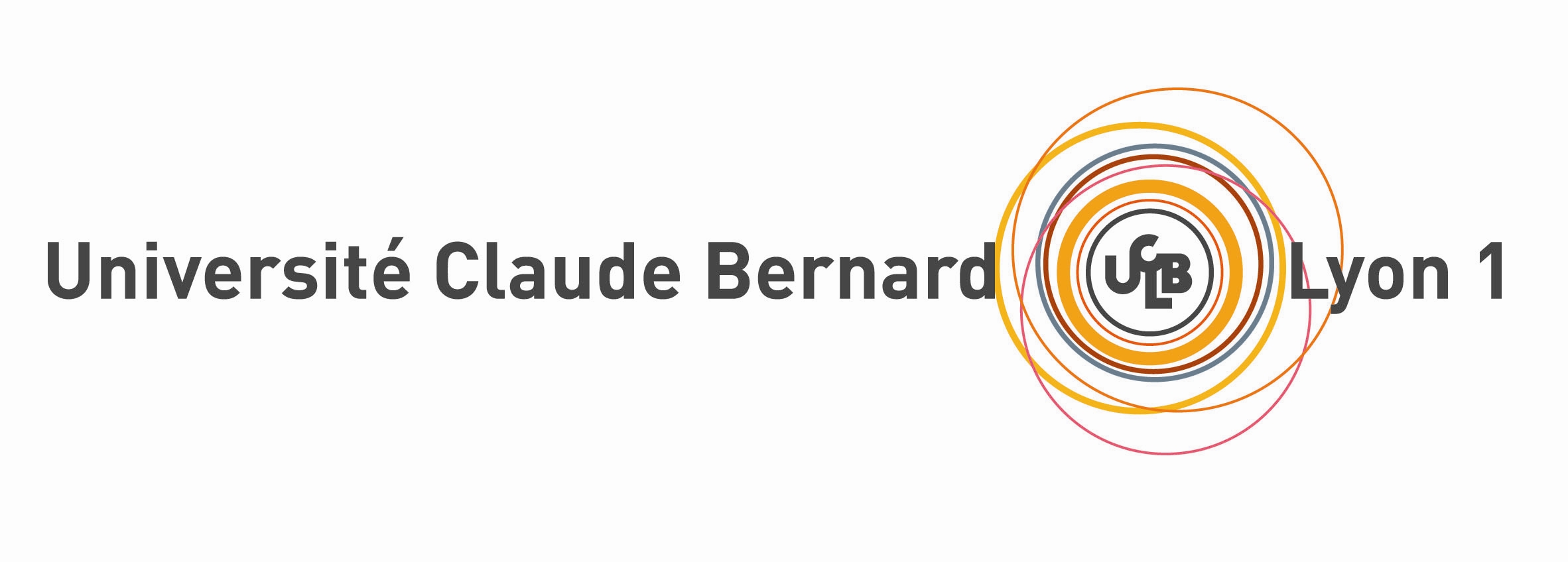
Research and education at the university are ensured by 2,630 teacher-researchers including 700 working in university hospitals, and 1,700 librarians, engineers, administrative staff, technical staff, manual workers and service staff (BIATOS). Thus the Université Claude Bernard Lyon 1 is one of the largest public employers in the region.
A university open to the outside world
Every year the university welcomes about 39,000 students (nearly 20% come from the Rhône-Alpes Region), of which 51% are young women. Foreign students coming from 125 different countries make up 12% of this figure.
- Nearly 80% of the students are enrolled in professional courses.
- 9,250 degrees are awarded every year. The university provides training in the sectors of health, the different sciences and teaching skills.
- About 350 PhD degrees are awarded every year.
Lastly, the university provides training to individual applicants and private companies in the framework of vocational training courses given to managers and technicians.
A university oriented towards innovation
The Université Claude Bernard Lyon 1 is a multidisciplinary university whose research ranges from fundamental research to its applications (every year more than 4,500 articles are published in international journals and 40 patents are registered, making it France’s leading university for patent applications). It has 69 research units working in particular in health, the environment and materials.
A university recognised in France and abroad
The university is involved in more than 80 European projects. The research activities of its laboratories, funded by the Agence Nationale pour la Recherche, participate in the Advanced Research Thematic Network “Theerapeutic innovations in infectious diseases”, the Thematic Research and Care Networks “NeuroCap”, “Centaure”, “Synergie Lyon Cancer” and the Institut Carnot I@L. In parallel, the university contributes its competences to the clusters “LYONBIOPOLE”, “MINALOGIC”, “AXELERA”, “Plastipolis “, “TECHTERA”, “SPORALTEC” and “Lyon Urban Truck & Bus 2015”.
- 5 education and research units (or faculties) : Medecine Lyon-Est, medecine and maeiutics Lyon-Sud - Charles Mérieux, odontology, sciences et technologies, Sciences and Techniques of Sports Activities.
- 3 instituts : Pharmaceutical and Biological Sciences (ISPB), Sciences and Techniques of Re-adaptation (ISTR), Institut Universitaire de Technologie Lyon 1 (IUT).
- 5 schools : Polytech Lyon, Institut de Science Financière et d'Assurances (ISFA), Institut Universitaire de Formation des Maîtres de l'Académie de Lyon (IUFM), Observatoire de Lyon
- 1 independant department : Département de formation et centre de recherche en Biologie Humaine

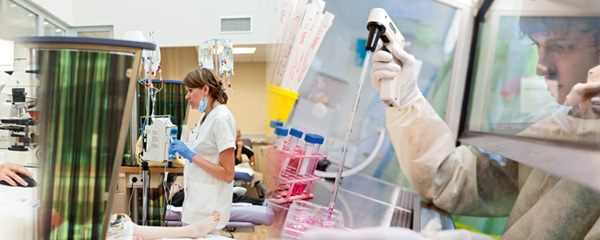

 The National Cancer Institute
The National Cancer Institute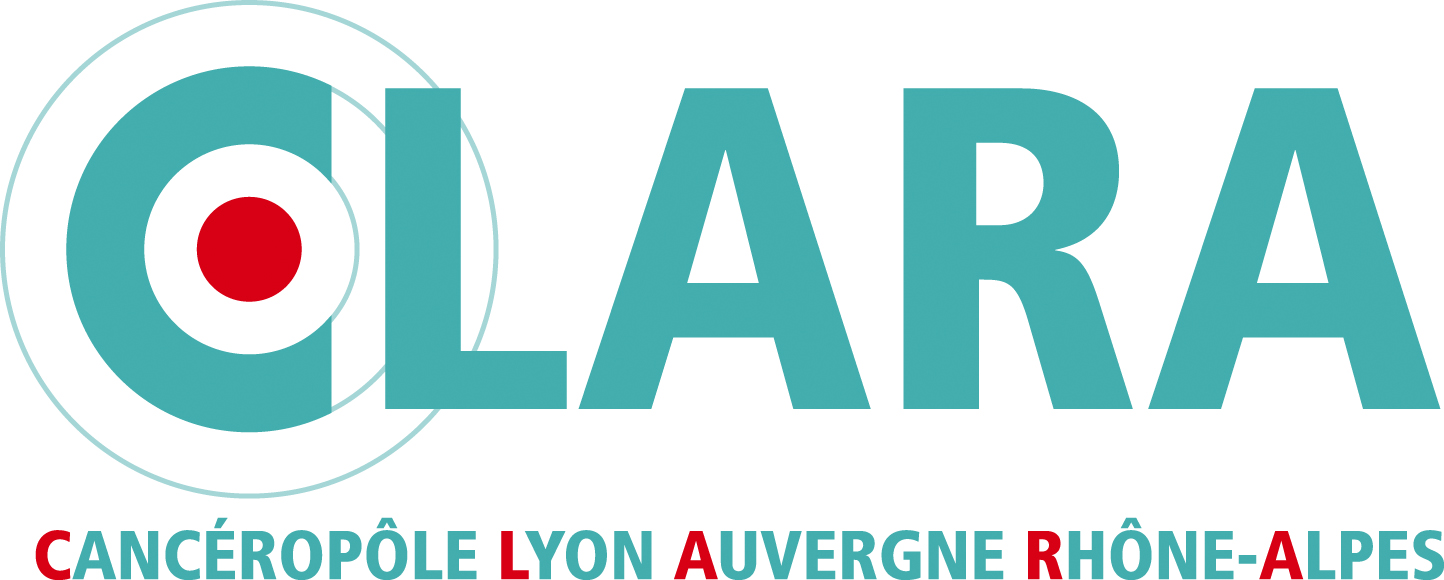 (CLARA) or Cancer Cluster is an initiative launched and financed by the public authorities. It is part of the National Cancer Plans and is aimed at developing cancer research in the Rhône Alpes and Auvergne Regions. Over the last 10 years, it has federated academic, clinical and industrial actors in the two regions in the service of a regional, national and international anti-cancer strategy with a twofold aim: that of dynamising research and the development of innovations in oncology, and accelerating the transfer of discoveries to applications on patients.
(CLARA) or Cancer Cluster is an initiative launched and financed by the public authorities. It is part of the National Cancer Plans and is aimed at developing cancer research in the Rhône Alpes and Auvergne Regions. Over the last 10 years, it has federated academic, clinical and industrial actors in the two regions in the service of a regional, national and international anti-cancer strategy with a twofold aim: that of dynamising research and the development of innovations in oncology, and accelerating the transfer of discoveries to applications on patients. The National Centre of Scientific Research
The National Centre of Scientific Research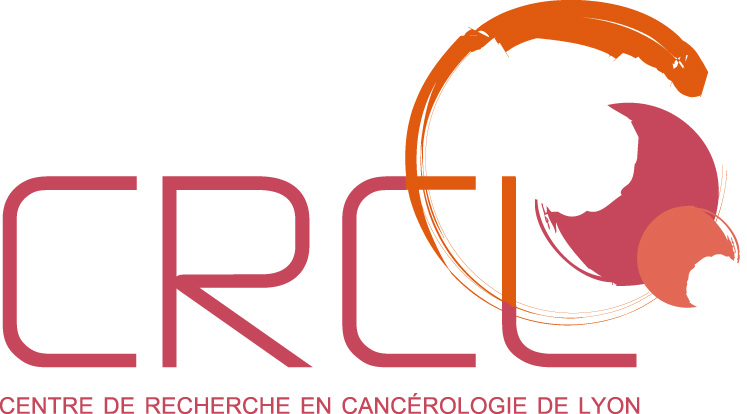 The Cancer Research Centre of Lyon
The Cancer Research Centre of Lyon For the next 5 years,
For the next 5 years, 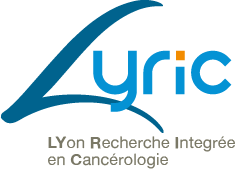 is the name given to the integrated cancer research site in Lyon, and it is one of the first two SIRICs to have been labelled by the INCa in June 2011, following a call for projects launched in 2010
is the name given to the integrated cancer research site in Lyon, and it is one of the first two SIRICs to have been labelled by the INCa in June 2011, following a call for projects launched in 2010